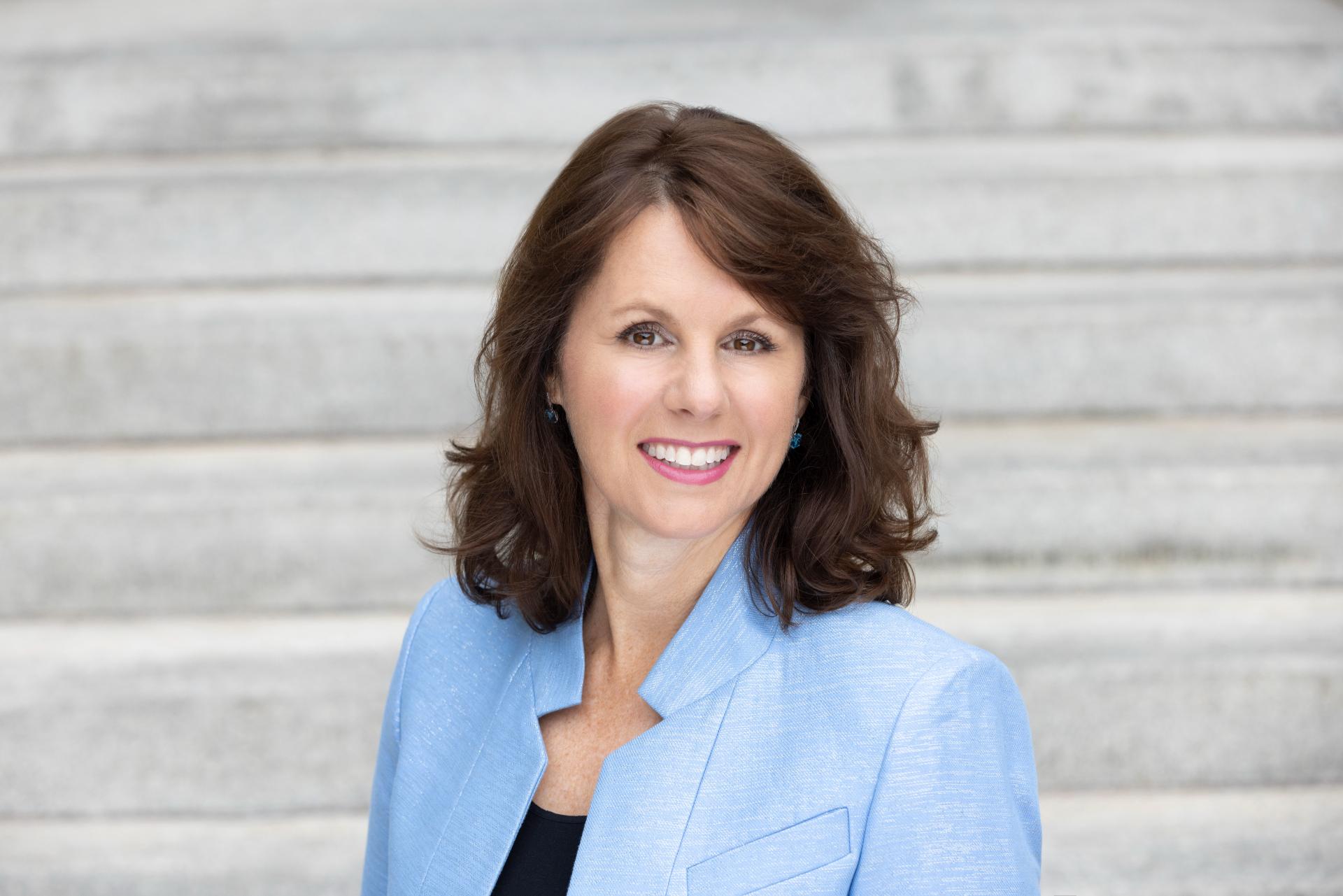
- Programme studied: MSc Industrial Relations
- Year of Graduation: 1997
- LinkedIn
Heidi has been on the Harvard Business School and Law School faculty since 2008, and has published two best-selling books: Smart Collaboration in 2017, and Smarter Collaboration: A New Approach to Breaking Down Barriers and Transforming Work (the latter co-authored with her husband, Ivan Matviak) in 2022. They were both published by Harvard Business Review Press. She was also named by Thinkers50 as a Next Generation Business Guru. Here, she tells us about her career journey and inspiration behind her book.
Tell us about your career journey since graduating from LSE:
After LSE, I was a strategy consultant with McKinsey & Company (London and South Africa) for five years, and then earned a PhD at London Business School. I joined Harvard Business School as a professor of organizational behaviour, and now am a Distinguished Fellow at Harvard Law School. I also run my own consulting firm, Gardner & Co. (the “Co.” stands for “Collaborators”): with both full-time staff in the US and more than 100 accredited partners world-wide, we help companies, government entities, and non-profits achieve their strategic aims by enhancing their leadership and collaboration.
Please tell us about your book and the inspiration behind it:
From climate change to supply chain risk to inflation’s effect on consumer behaviour, today’s business and societal problems are more complex than ever. Tackling those kinds of challenges requires people with different expertise and experiences to team up across disciplines, organisational silos, and broader ecosystems. Done right, “smarter collaboration” generates higher revenues and profits, boosts innovation, strengthens client relationships, and attracts and retains better talent. We bring sharp-edged, empirical research to investigate these outcomes, and demonstrate the results not only through analytics but also compelling case studies.
Nonetheless, my experience working with, researching, and teaching executives from hundreds of companies, government agencies, and for-purpose organisations around the globe has shown that cross-silo collaboration is usually far more difficult than it sounds. Smarter Collaboration cautions how easy it is to get implementation wrong and fall into “collaboration traps,” like over-collaboration, narrowing voices during a crisis, and diversity without inclusion. At the same time, the book provides ground-breaking solutions for avoiding these pitfalls and unlocking all the benefits of smarter collaboration.
We uncovered inspiring examples of groups harnessing cross-silo, multidisciplinary working to tackle society’s biggest challenges such as saving the oceans, eradicating diseases, and tackling global warming. I’m passionate about the potential of smarter collaboration to help address these tough issues, while at the same time guiding leaders to create the kinds of organisations where people can play to their strengths and thrive both personally and professionally. I am grateful for my education and experiences at the LSE, which helped to hone my appreciation for the power of research-backed solutions for solving today’s biggest issues.
How can alumni find your book?
Smarter Collaboration is available as a hardcover, e-book, and audio book through major online retailers like Amazon, as well as national chains like Barnes & Noble (US), Waterstones (UK), and Dymocks (Australia). It is also available directly from the publisher (Harvard Business Review Press), and Audible. I also encourage you to see if your local independent bookstore carries it, or will order it for you.
What do you hope to achieve in your field in the future?
I hope that the principles of smarter collaboration will become more engrained in companies and society in general, so that the real focus can be on the innovation and other great outcomes that come out of this way of working.
What is your fondest memory of LSE?
I attended LSE immediately after finishing a Fulbright fellowship in Dessau, Germany – which in 1994/95 was still reeling from reunification challenges, the opening of the Stasi files, and other kinds of upheaval. That experience gave me a rather unusual perspective to complement my American upbringing; my classmates in the Industrial Relations programme also represented a wide range of political and social ideologies. Some of my best memories are the after-class debates about the role of business in society, the moral responsibilities of leaders, and the potential that comes from truly empowering people to make decisions about their lives inside and outside the workplace.